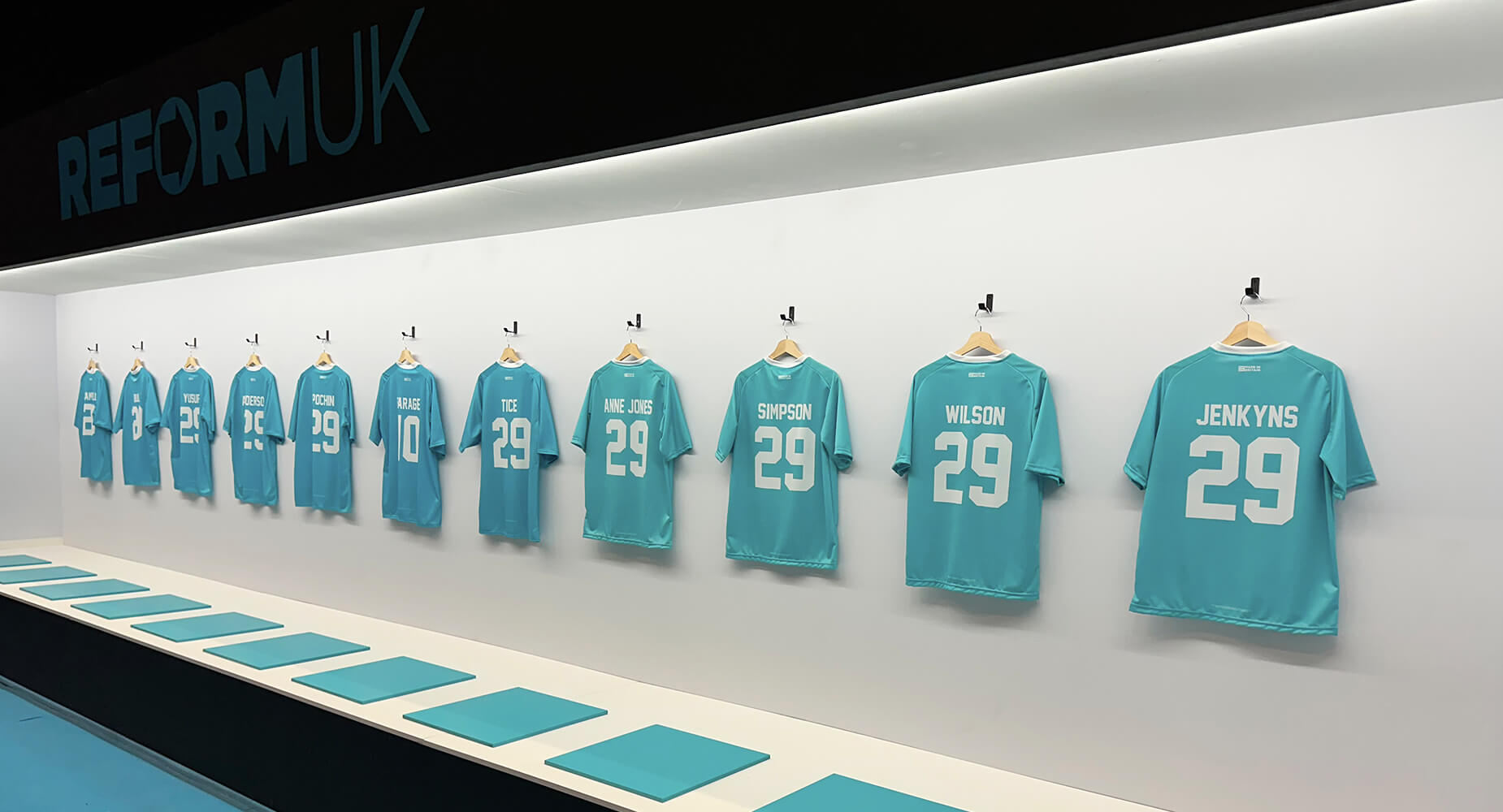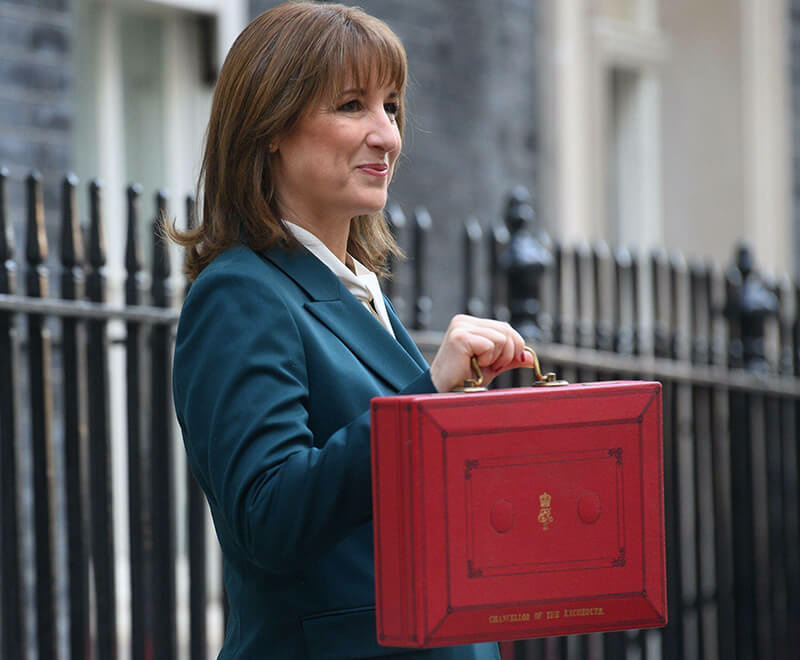A conference with swagger
The spectacle of Jeremy Kyle roaming the room thrusting his microphone, with all the cockiness and theatre of daytime television in the 2000s, just about summed up the vibe at Reform Conference.
This was an orchestrated effort to demonstrate that the Party is not just a pressure group but an organisation with its sights set on government. All underpinned by a genuine, if slightly conflicted, buzz from the party faithful.
The Atmosphere
While culture-war issues reliably drew applause, the main programme wasn’t limited to that. The Party leadership is trying to tap into something deeper: a sense that life is tough, the system is broken, and mainstream politics isn’t providing answers.
But unsurprisingly, it was far more “vibes” than policy. At most party conferences, you find endless fringe sessions on issues like housing or energy policy. Here, it was almost entirely about narrative and positioning.
The one exception was immigration, where Reform has clearly chosen to go deep. You may not agree with their answers, but they have put their arms around the political issues which are drawing in disaffected voters. I listened to an 18-year-old councillor address hundreds of delegates with real eloquence — a reminder that Reform is mobilising people the other parties are failing to reach.
Business sniffs the air
The main question in the Public Affairs industry is what business should do about Reform. Are they to be ignored, engaged, or taken seriously as potential policy-setters?
It was telling how many businesses were attending in full force were, including the Heathrow Lounge of course. More striking still was the number of public affairs professionals quietly working the room. They were there to make contact, but (understandably) not yet willing to do so in full public view. Next year, perhaps, they will take that next step.
Party officials had clearly thought about how to make the conference business friendly. This year felt like a test run, but it’s hard to avoid the conclusion that next year will see far more corporate engagement.
The same goes for the usual suspects in the think tank world. The Centre for Policy Studies, Adam Smith Institute, Taxpayers’ Alliance and Centre for Social Justice were all there in force. But the Prosperity (formerly Legatum) Institute was most visible, and by some margin looked to be leading the pack in terms of policy influence.
A blank page on policy
For now, Reform’s policy platform remains embryonic. The big news from the conference was that Zia Yusuf will head up policy. In practice, that means working with the think tank community to generate ideas, which the party leadership will then pick from. Richard Tice continues to front the economic agenda, Nigel Farage looms large in the background, and Yusuf will now spearhead the intellectual scaffolding.
The lack of firm policy detail is an opportunity for business. With few positions set in stone, they remain open to ideas. If you can make a strong case now—showing why your issue matters—they may turn to you later for the detail. That scaffolding, however, is straining under the pressure of competing ideological demands—pressures that, to be fair, all parties wrestle with when trying to remain coherent and hold coalitions together.
Reform gives every impression of being a high-spend party, which jars with the Thatcherite instincts of its leadership. Those I spoke to admitted this internal tension is a challenge — one that will become increasingly problematic as the party develops its offer to business. For now, the big-tent approach is working: Reform is attracting activists and sympathisers from both ends of the political horseshoe. But that coalition will not hold indefinitely.
Looking Ahead
The coming autumn is expected to be the moment when Reform starts doing the serious policy work — hashing out competing instincts and setting out a more coherent platform. Until then, the party is content to thrive on narrative, grievance, and momentum. With a few more defections along the way. For business, the take-away is simple: Reform cannot be dismissed as a fringe outfit. Their capacity to influence the Labour and the Conservatives’ direction — and to shape public debate — is real. Whether or not they end up anywhere near government, ignoring them would be a strategic mistake and the space to influence is wide open.



